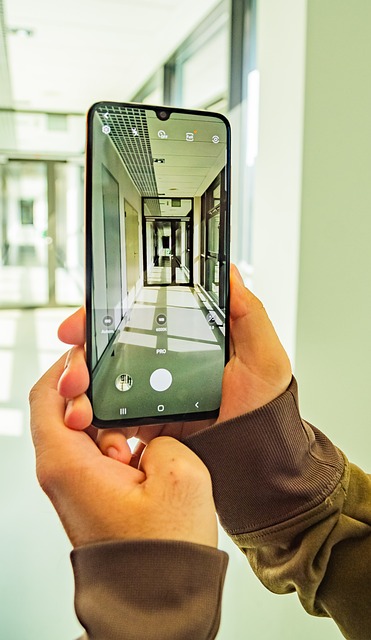Deepfakes are revolutionizing spam calls in New York City, with scammers impersonating trusted entities via AI-generated audio. The Telephone Consumer Protection Act (TCPA) offers protection, but deepfake technology poses a challenge. Consumers can combat spam by employing multi-layered strategies, including call screening, ID verification, education, blocking apps, and legal action through specialized spam call law firm New York or spam call lawyers New York. Engaging reputable legal professionals ensures recourse against persistent violators of TCPA cases New York.
Deepfakes are transforming the spam calling landscape in New York City, posing a significant threat to residents and businesses. This article delves into the impact of deepfake audio on NYC’s spam call problem, exploring its role, legal implications, and practical strategies for mitigation. With an increasing number of targeted and convincing scams, understanding how to identify and combat these manipulated recordings is crucial. Learn from our comprehensive overview, discover New York’s approach to spam call regulations, and explore the roles of both businesses and individuals in preventing deepfake audio spam. For legal assistance, consult a Spam Call law firm or lawyer specializing in TCPA compliance in NYC.
Understanding Deepfakes and Their Role in NYC Spam Calls: A Comprehensive Overview
Deepfakes, a term that once seemed confined to science fiction, have now become a pervasive reality, significantly impacting the landscape of communication in New York City (NYC). These highly realistic and manipulated audio recordings, created using artificial intelligence, are increasingly being employed as weapons in the war against unwanted spam calls. NYC, known for its bustling streets and diverse communities, has also become a battleground where deepfakes are used to mislead and manipulate citizens into providing personal information or making costly purchases.
The rise of deepfakes in NYC spam calls poses a unique challenge due to their ability to mimic voices with uncanny accuracy. Scammers use these recordings to impersonate trusted individuals, such as family members, friends, or even government officials, making it difficult for recipients to discern the call’s authenticity. This deceptive practice has led to an increase in consumer complaints and prompted many residents to seek solutions to protect themselves from these malicious attacks. As a result, there is a growing demand for effective methods to stop spam calls NYC, as well as a need for specialized law firms and lawyers dedicated to addressing this issue, such as those experienced in TCPA (Telecommunications Consumer Protection Act) cases in New York.
Legal Implications: New York's Approach to Spam Call Regulations and TCPA Compliance
In New York, as in many parts of the country, the issue of spam calls has become a growing concern, especially with the advent of deepfake audio technology. The Telephone Consumer Protection Act (TCPA) is a federal law designed to curb excessive phone marketing and protect consumers from unwanted calls. However, the rise of deepfakes presents new challenges, as these manipulated recordings can make it difficult to distinguish legitimate calls from fraudulent ones. New York’s approach to spam call regulations is comprehensive, with strict penalties for violators, but adapting to this evolving landscape requires a nuanced legal strategy.
Consumers in New York who are plagued by spam calls have several options. Engaging the services of a spam call law firm or hiring lawyers specialized in TCPA compliance can be beneficial. These professionals can help navigate the complex legal framework and provide strategies to stop spam calls effectively. By staying informed about the latest developments in spam call legislation and leveraging legal expertise, New Yorkers can better protect themselves from these intrusive and often illegal calls.
Strategies for Businesses and Individuals: Protecting Against Deepfake Audio Spam in New York City
In the face of deepfake audio spam, businesses and individuals in New York City need robust strategies to protect themselves. One effective approach is to implement strict call screening measures, including verifying caller IDs and using advanced technology that can detect suspicious patterns. Additionally, educating employees and yourself about current spam tactics is vital; stay informed about new laws and regulations, such as the TCPA (Telemarketing Consumer Protection Act), which offers legal recourse against spam calls. Engaging reputable spam call law firms in New York, like those specializing in TCPA cases, can provide guidance and legal action against persistent spammers.
Regularly updating contact lists and blocking known spam sources is another layer of defense. Encourage customers and clients to opt-out of marketing calls and ensure your business practices comply with anti-spam policies. For individuals, registering on national “Do Not Call” registries can make a difference. Moreover, using call-blocking apps or services designed to filter out deepfake audio spam can significantly reduce unwanted calls. Remember that staying proactive and informed is key to navigating the evolving landscape of spam calls in New York City.






